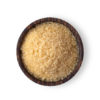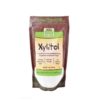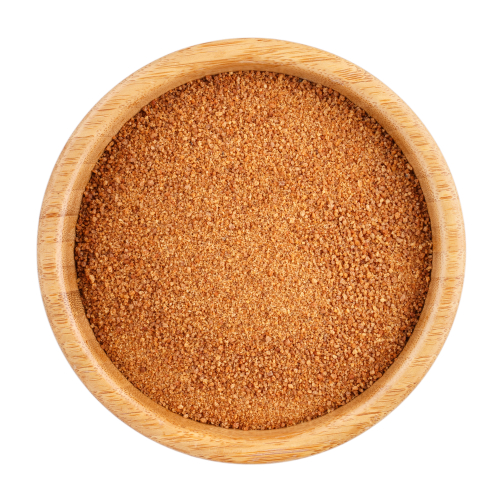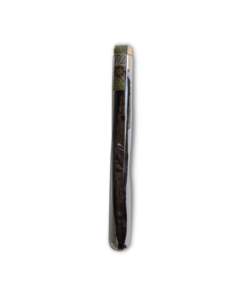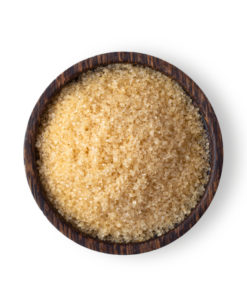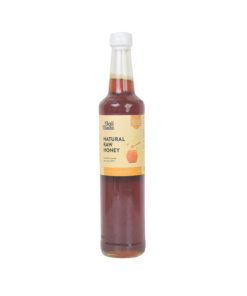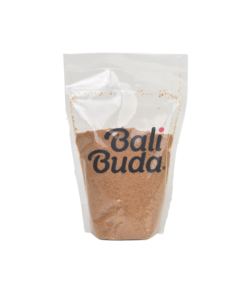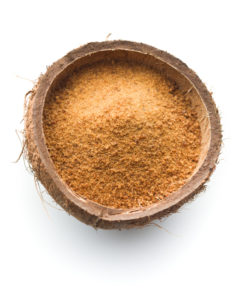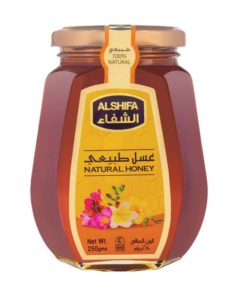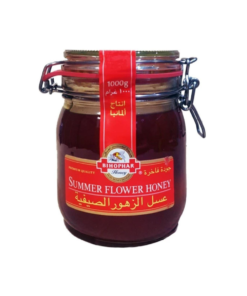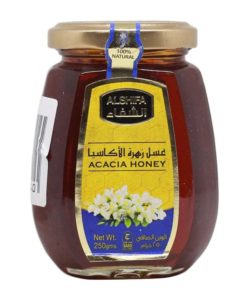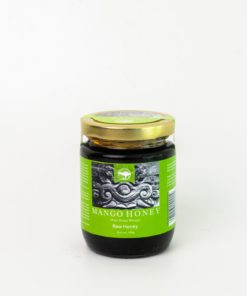Palm Sugar 500g
Rp24.000
- Low glycemic index
- Rich in vitamins and minerals like potassium, zinc, iron, and vitamins B1, B2, B3, and B6.
- Natural and unrefined
- Highly versatile in the kitchen
Palm sugar is a natural sweetener derived from the sap of various palm tree species, including the sugar palm, date palm, and coconut palm. Renowned for its rich flavor and health benefits, palm sugar is a staple in many Asian cuisines and is increasingly popular as a healthier alternative to refined sugar.
The production of palm sugar begins with the collection of sap from the flower buds of palm trees. Farmers typically climb the trees and tap the flower buds to release the sap, which is then collected in containers. This sap is boiled down to evaporate the water content, resulting in a thick syrup. Further boiling and stirring yield a granulated or solid form, which is then cooled and packaged for use. The entire process is labor-intensive and done using traditional methods, preserving the natural qualities of the sap.
Palm sugar has a distinct flavor that sets it apart from other sweeteners. It has a deep, caramel-like taste with hints of butterscotch and molasses, providing a unique complexity to dishes. Its color can range from golden brown to dark brown, depending on the type of palm and the processing method.
Palm sugar offers several health advantages over refined sugar:
– Low Glycemic Index: has a lower glycemic index than regular white sugar, meaning it causes a slower, more gradual rise in blood glucose levels. This makes it a better option for people managing diabetes or those seeking to avoid sugar spikes.
– Rich in Nutrients: Unlike refined sugar, palm sugar retains many of the nutrients found in the original sap, including vitamins and minerals like potassium, zinc, iron, and vitamins B1, B2, B3, and B6.
– Natural and Unrefined: it is minimally processed without the use of chemicals or artificial additives, making it a more natural choice for sweetening foods and beverages.
Palm sugar is highly versatile in the kitchen. It is commonly used in Southeast Asian dishes, such as Thai curries, Indonesian desserts, and Filipino sweets. It can be used in place of white or brown sugar in baking, adding a rich depth of flavor to cookies, cakes, and pastries. Additionally, it dissolves well in liquids, making it perfect for sweetening teas, coffees, and cocktails.
To maintain its quality, palm sugar should be stored in an airtight container in a cool, dry place. Solid blocks can be grated or chopped as needed, while granulated forms should be kept sealed to prevent moisture absorption.
This product is now packaged in our new strong recyclable and resealable transparent pouch!
| Weight | 0,6 kg |
|---|---|
| Dimensions | 14,5 × 19 × 3 cm |
Ingredients
100% Palm sugar

 Indonesia
Indonesia
